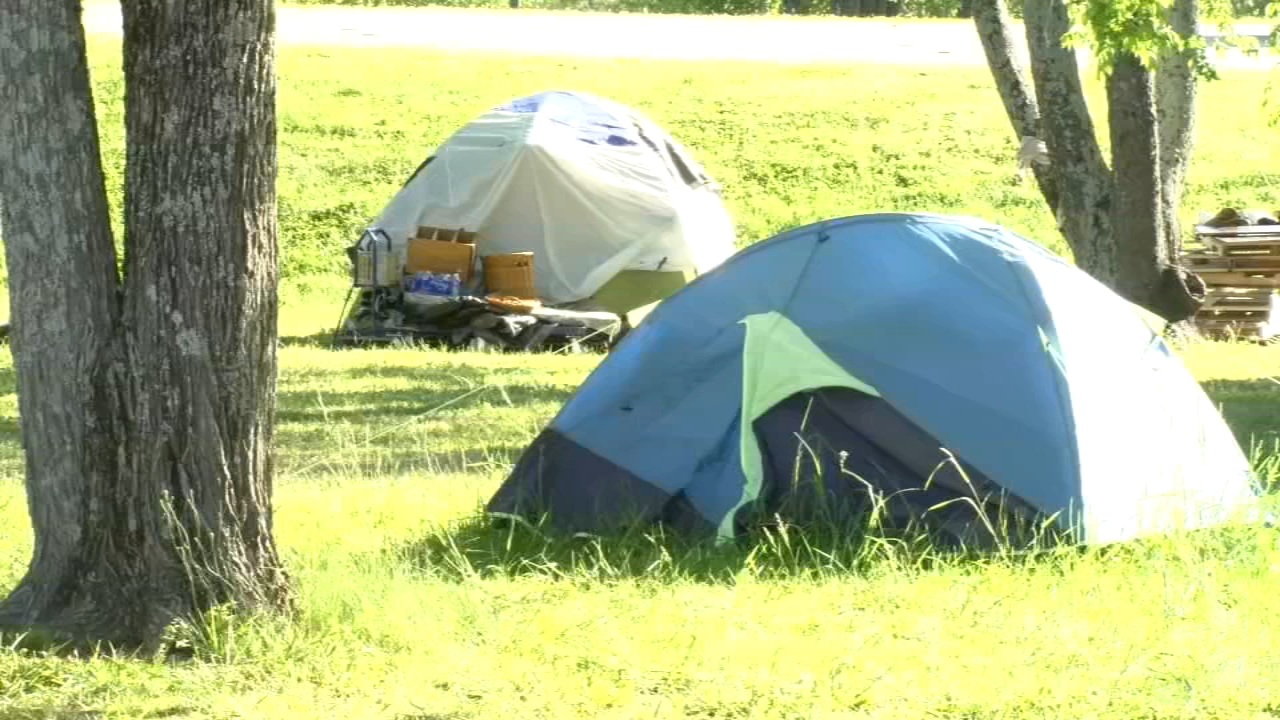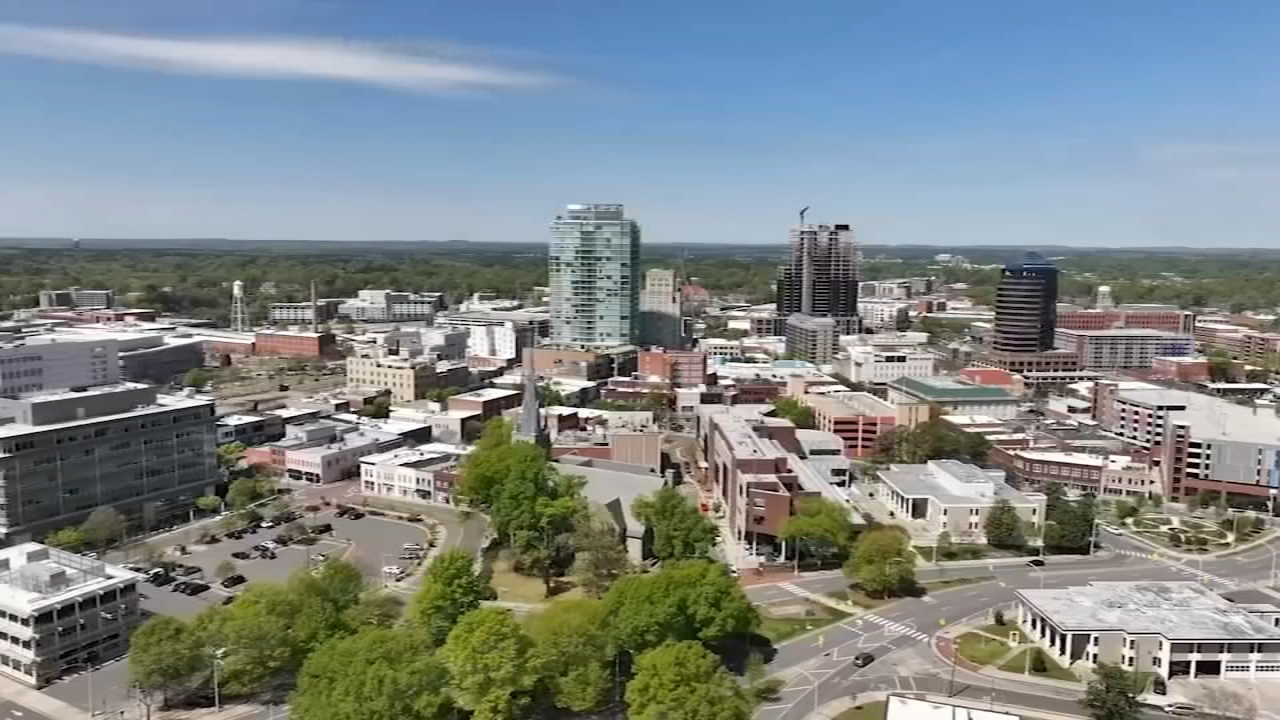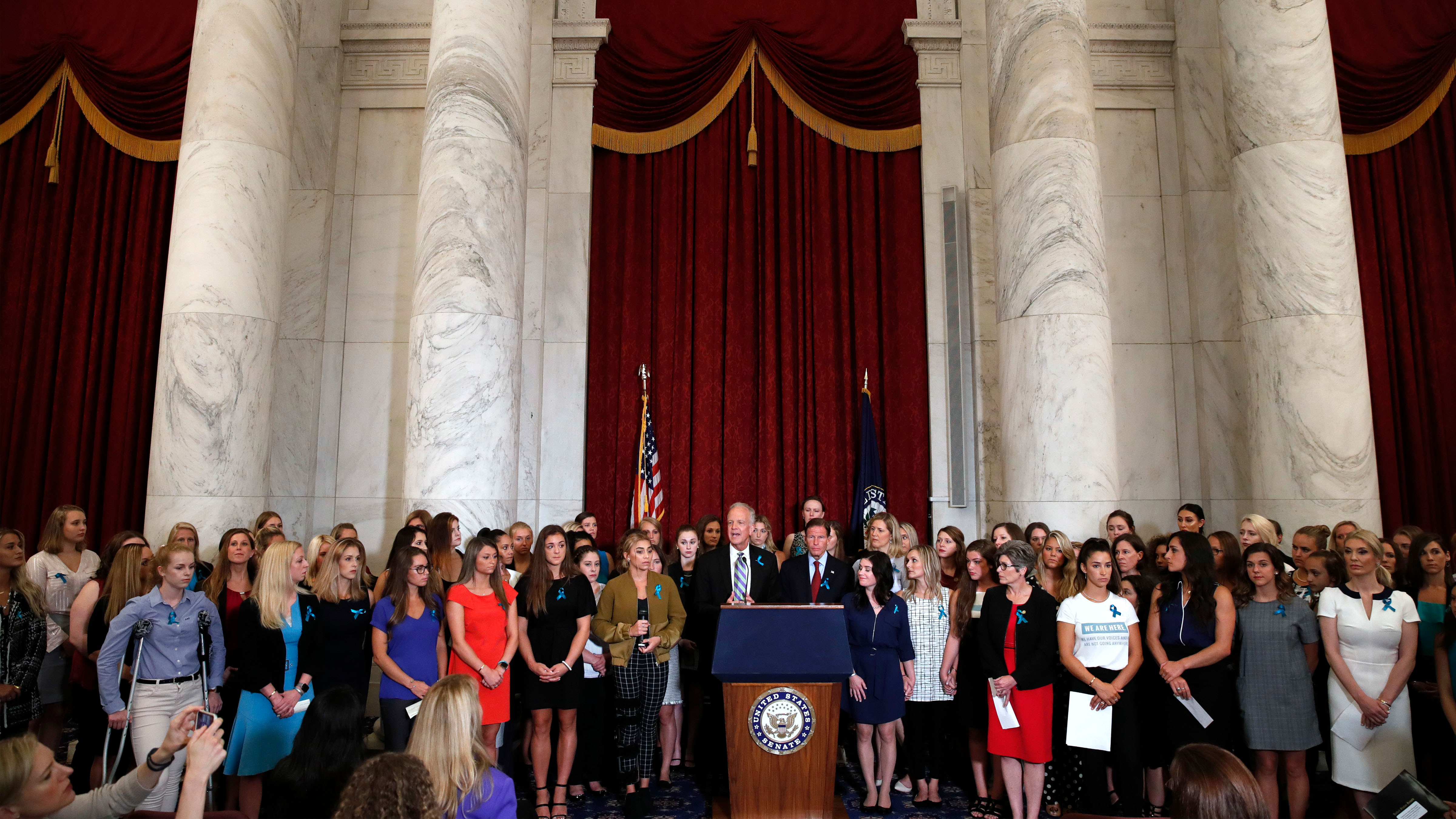As COVID hospitalizations hit records, Gov. Cooper says he will expand access to antibody treatment

On the same day North Carolina hospitals reported a record number of COVID-19 patients in intensive care units across the state, Gov. Roy Cooper signaled he will take action expanding access to a potentially lifesaving treatment designed to keep people out of the hospital in the first place.
Monoclonal antibody therapy has been available through an FDA emergency use authorization since November of last year, but since NCDHHS Sec. Mandy Cohen mentioned the low usage of the treatment earlier this month, UNC Health has seen an uptick in requests for it.
Monoclonal antibodies widely available in N.C. for many testing positive for COVID-19
"We've been beating the drum for months now, since November of last year, that we do have a treatment," said Dr. David Wohl, UNC Prof. of Medicine. "You have to jump through some hoops; it's infused so we've got to get you an appointment, got to get you a chair in an infusion center and get this stuff into your body as soon as possible for it to work, but we've done it."
Central North Carolina hospitals near capacity amid COVID-19 surge, worker shortage
UNC Health has provided nearly 5,000 monoclonal antibody infusion treatments to date, said spokesperson Alan Wolf, and is opening a new infusion center in Meadowmont Village on Wednesday.
After touring a drive-thru vaccine clinic in Nash County on Tuesday, Cooper said he would be signing an executive order expanding access to monoclonal antibody treatments.
With more COVID-19 vaccinations, treatment and masking, Dr. Wohl said he would expect the tide to turn in the pandemic.
"We can cut down on the number of people who end up in the hospital; that is a tremendous relief," Wohl said. "We have too many patients and we have too few staff. It's a national crisis right now. People are working hard, they're working long hours, they're tired. It's been a long pandemic and there's a little bit of frustration because a lot of the people who are in the hospital and in the ICU, you know, didn't have to be there."








